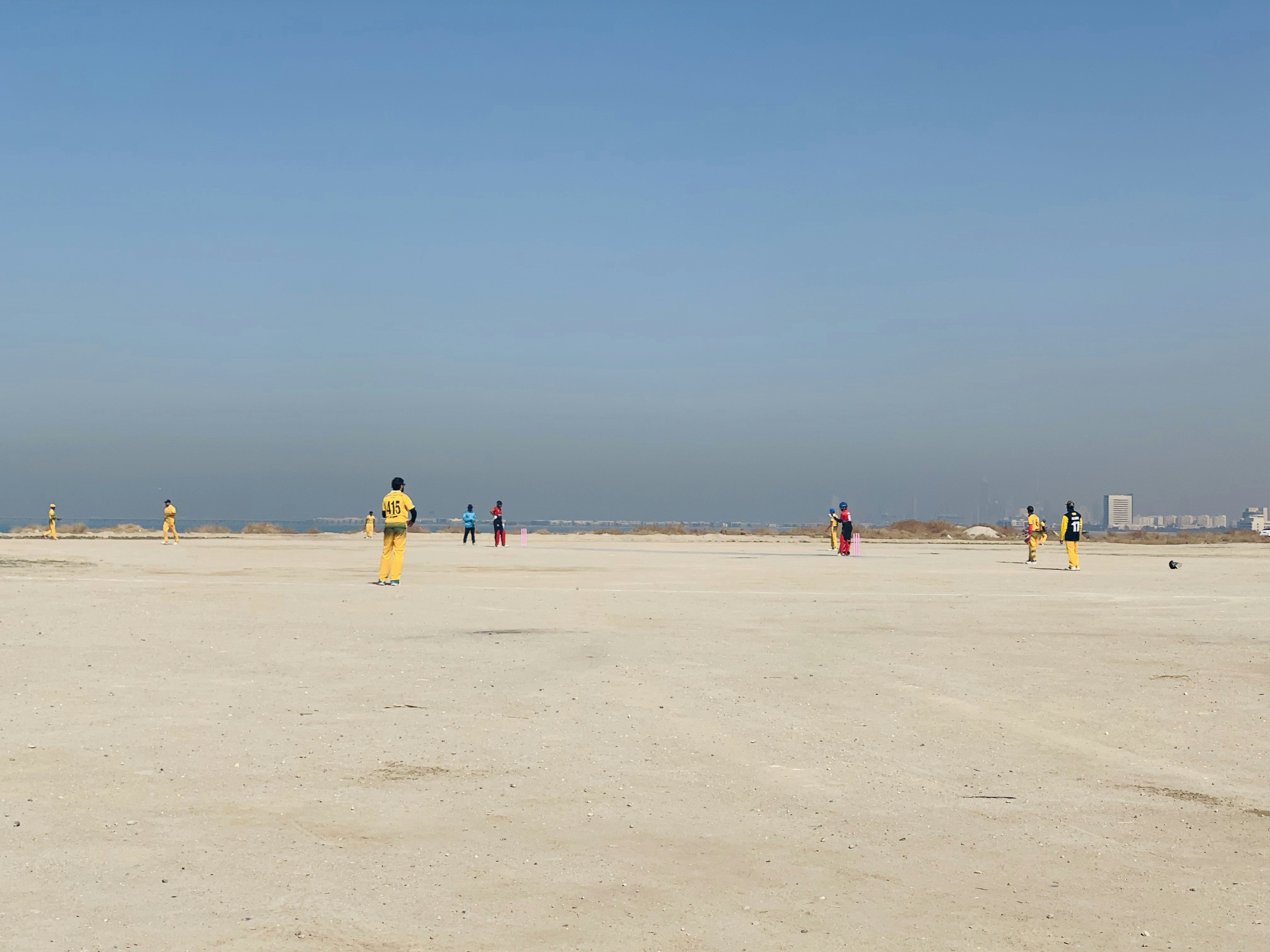Arvind Kejriwal: From Bureaucrat to Political Dynamo
Arvind Kejriwal is a name that has become synonymous with anti-corruption, governance innovation, and the rise of a new political force in India. As the Chief Minister of Delhi and a key figure in the Aam Aadmi Party (AAP), Kejriwal’s journey from a bureaucrat to a political leader is both fascinating and inspiring.
Early Life and Career
Born on August 16, 1968, in Hisar, Haryana, Kejriwal was always academically inclined. He completed his mechanical engineering degree from the Indian Institute of Technology (IIT) Kharagpur, one of India’s premier engineering institutes. His early career saw him joining the Indian Revenue Service (IRS) in 1995, where he served as a Joint Commissioner of Income Tax in Delhi.
Activism and Anti-Corruption Crusade
Kejriwal’s bureaucratic career, however, was just a precursor to his real calling: activism. He was deeply influenced by the anti-corruption movement in India and became actively involved in promoting transparency in governance. His work with Parivartan, an NGO he founded, focused on addressing issues related to income tax, electricity, and food ration distribution.
However, it was his role in the Right to Information (RTI) movement that brought him national attention. Alongside social activists like Anna Hazare, Kejriwal campaigned for the RTI Act, which was enacted in 2005, empowering citizens to demand transparency and accountability from government officials.
The Birth of Aam Aadmi Party
The anti-corruption movement of 2011, led by Anna Hazare, was a pivotal moment for Kejriwal. Disillusioned by the political establishment’s response to the movement, he decided to enter politics to bring about change from within. In November 2012, Kejriwal launched the Aam Aadmi Party (AAP) with the promise of clean governance and a focus on issues affecting the common man.
Political Milestones
- First Term as Chief Minister (2013-2014):
- Kejriwal’s first major political victory came in the Delhi Legislative Assembly elections of 2013, where AAP won 28 out of 70 seats. He formed a minority government with support from the Indian National Congress.
- His initial tenure was marked by bold decisions, including a focus on reducing electricity tariffs and providing free water to Delhi residents. However, his resignation after 49 days, due to a failure to pass the Jan Lokpal Bill, was a controversial move that drew both criticism and admiration.
- Second Term and Consolidation of Power (2015-Present):
- In 2015, AAP made a historic comeback, winning 67 out of 70 seats in the Delhi Assembly. Kejriwal’s second term saw a more stable administration focused on comprehensive governance reforms.
- His government implemented significant changes in the education sector, transforming government schools and improving healthcare infrastructure through initiatives like Mohalla Clinics.
- Kejriwal’s administration also worked on improving public transport, water supply, and sanitation, aiming to make Delhi a more livable city.
Challenges and Criticisms
Despite his successes, Kejriwal’s political journey has not been without challenges. His confrontational approach towards the central government, particularly during the tenure of Prime Minister Narendra Modi, has often led to clashes and administrative standoffs. Critics have also pointed out instances of internal dissent within AAP and questioned the sustainability of some of his populist policies.
A Vision for the Future
Arvind Kejriwal’s political career is a testament to the power of grassroots movements and the impact of citizen-centric governance. His emphasis on transparency, accountability, and public welfare has set a new benchmark in Indian politics. As he continues to lead Delhi, Kejriwal’s vision of a responsive and inclusive government remains a work in progress, reflecting the aspirations of millions of Indians for a better future.
Conclusion
Arvind Kejriwal’s transformation from a civil servant to a political leader underscores the dynamic nature of India’s democracy. His story is one of resilience, innovation, and a relentless pursuit of justice and equality. As Delhi’s Chief Minister and a prominent figure in Indian politics, Kejriwal continues to challenge conventions and strive for a governance model that prioritizes the needs and rights of the common man. His journey is a reminder that with determination and integrity, meaningful change is possible.
Q: Who is Arvind Kejriwal and why is he significant in Indian politics?
A: Arvind Kejriwal is an Indian politician, activist, and former bureaucrat who has played a pivotal role in shaping contemporary Indian politics. Born on August 16, 1968, in Siwani, Haryana, he is the founder and current National Convener of the Aam Aadmi Party (AAP). Kejriwal has served multiple terms as the Chief Minister of Delhi, earning recognition for his anti-corruption crusades and governance reforms. His transition from a career in the Indian Revenue Service (IRS) to a key political figure marks him as a significant player in India’s political landscape.
Q: What are some key highlights of Arvind Kejriwal’s early career and activism?
A: Key highlights of Arvind Kejriwal’s early career and activism include:
- Civil Services: Kejriwal joined the Indian Revenue Service in 1995, where he served as a Joint Commissioner of Income Tax.
- RTI Activism: He became a prominent activist advocating for the Right to Information (RTI) Act, which empowered citizens to demand transparency from the government.
- NGO Work: In 2006, he was awarded the Ramon Magsaysay Award for Emergent Leadership for his efforts to empower the poorest citizens to fight corruption through the NGO, Parivartan.
- India Against Corruption Movement: Kejriwal played a leading role in the India Against Corruption movement (2011), working closely with activist Anna Hazare to push for the Jan Lokpal Bill, which aimed to create an independent anti-corruption ombudsman.
Q: How did Arvind Kejriwal transition from activism to politics?
A: Arvind Kejriwal transitioned from activism to politics through his involvement in the India Against Corruption movement. The movement’s failure to secure the passage of the Jan Lokpal Bill through traditional activism led Kejriwal to conclude that direct political involvement was necessary to achieve systemic change. In November 2012, he founded the Aam Aadmi Party (AAP) with the mission to fight corruption and bring about governance reforms.
Q: What are some major achievements of Arvind Kejriwal as the Chief Minister of Delhi?
A: As the Chief Minister of Delhi, Arvind Kejriwal’s major achievements include:
- Education Reforms: Significant improvements in public education, including the renovation of government schools, introduction of modern teaching methods, and establishment of the Delhi Skill and Entrepreneurship University.
- Healthcare Initiatives: Launch of Mohalla Clinics, providing free primary healthcare services to residents, and the revamping of public hospitals.
- Water and Electricity Subsidies: Implementation of subsidies for water and electricity, making essential services more affordable for residents.
- Anti-Corruption Measures: Establishment of the Delhi Anti-Corruption Branch and initiatives to increase transparency and reduce bureaucratic red tape.
- Public Transport: Expansion and modernization of public transport, including the introduction of electric buses and improvements to the Delhi Metro system.
Q: How has Arvind Kejriwal’s background as a bureaucrat influenced his political career?
A: Arvind Kejriwal’s background as a bureaucrat has significantly influenced his political career by:
- Administrative Expertise: His experience in the Indian Revenue Service provided him with a deep understanding of government functioning and bureaucratic processes, aiding in effective governance and policy implementation.
- Focus on Transparency: His bureaucratic background instilled a commitment to transparency and accountability, reflected in his anti-corruption initiatives and governance style.
- Analytical Skills: Kejriwal’s training and work as a civil servant honed his analytical skills, enabling him to approach complex problems with a systematic and evidence-based methodology.
Q: What challenges has Arvind Kejriwal faced in his political career?
A: Arvind Kejriwal has faced several challenges in his political career, including:
- Political Opposition: Constant opposition from major political parties like the Bharatiya Janata Party (BJP) and the Indian National Congress (INC), leading to political and legislative hurdles.
- Internal Party Issues: Managing internal conflicts and dissent within the Aam Aadmi Party, which have sometimes led to high-profile departures and criticism.
- Governance Conflicts: Frequent tussles with the central government and the Lieutenant Governor of Delhi over jurisdictional and administrative powers, impacting his ability to implement policies smoothly.
- Public Criticism: Navigating public criticism and media scrutiny, particularly regarding his governance decisions and party strategies.
Q: How has Arvind Kejriwal utilized digital platforms and social media in his political strategy?
A: Arvind Kejriwal has effectively utilized digital platforms and social media in his political strategy by:
- Engaging with Citizens: Using platforms like Twitter, Facebook, and YouTube to communicate directly with citizens, share updates, and gather feedback.
- Campaigning: Leveraging social media for election campaigning, mobilizing support, and disseminating information about AAP’s policies and achievements.
- Transparency: Promoting transparency by live-streaming important meetings, speeches, and public addresses, making governance more accessible and accountable to the public.
- Issue Advocacy: Raising awareness about key issues, mobilizing public opinion, and encouraging civic participation through targeted social media campaigns.
Q: What impact has Arvind Kejriwal had on Indian politics and governance?
A: Arvind Kejriwal has had a significant impact on Indian politics and governance by:
- Redefining Political Engagement: Promoting a new model of political engagement that emphasizes transparency, accountability, and direct interaction with the public.
- Anti-Corruption Movement: Bringing the issue of corruption to the forefront of national discourse and implementing measures to combat it at the state level.
- Policy Innovations: Introducing innovative policies in education, healthcare, and public services that have set new benchmarks for governance.
- Empowering Citizens: Encouraging active citizen participation in governance and decision-making processes, thereby strengthening democratic principles.
Breaking News: Arvind Kejriwal Resigns as Chief Minister of Delhi
Delhi | September 17, 2024 — In a major political development, Arvind Kejriwal, the Chief Minister of Delhi, has announced his resignation from the post, effective immediately. The news comes as a surprise to many, marking the end of his nearly decade-long tenure as the head of the Delhi government.
Kejriwal, who led the Aam Aadmi Party (AAP) to three consecutive victories in the Delhi Assembly, made the announcement at a press conference this afternoon. Addressing the media, he cited “personal reasons” for stepping down, though political insiders speculate that internal party dynamics and ongoing challenges within the administration may have contributed to the decision.
“I have given my all to serve the people of Delhi, but now it is time for me to step aside and allow new leadership to carry forward the vision of a better and more prosperous Delhi,” Kejriwal said during his address.
In his speech, Kejriwal expressed gratitude to the people of Delhi for their overwhelming support over the years. He also reassured citizens that the AAP government would continue to work towards the progress of the national capital under the new leadership, which will be decided by the party in the coming days.
As of now, no official statement has been made regarding his successor, though sources within the party suggest that Deputy Chief Minister Manish Sisodia could be a potential candidate.
Kejriwal’s resignation marks a significant moment in Delhi politics, and it remains to be seen how this decision will impact the future of the Aam Aadmi Party and its role in both state and national politics.
Stay tuned for further updates on this developing story.



Leave a Reply